Ghanaian Cocoa Farmers Benefit from Sustainability
A community-led Land Management Board has made sustainable, climate-smart farming the norm.
A landscape in Chiapas, Mexico.
If the Earth’s ecosystems are to help maintain climate stability and to go on providing essential food, water, and habitat for plants and wildlife—along with secure and dignified livelihoods for rural people—then we must take action on an unprecedented scale. That’s why the Rainforest Alliance is driving sustainability transformation beyond individual farms or forests and across whole landscapes, spanning tens of thousands to millions of hectares.
This page features information about the Rainforest Alliance's work in tropical landscapes and links to all content and resources related to integrated landscape management.
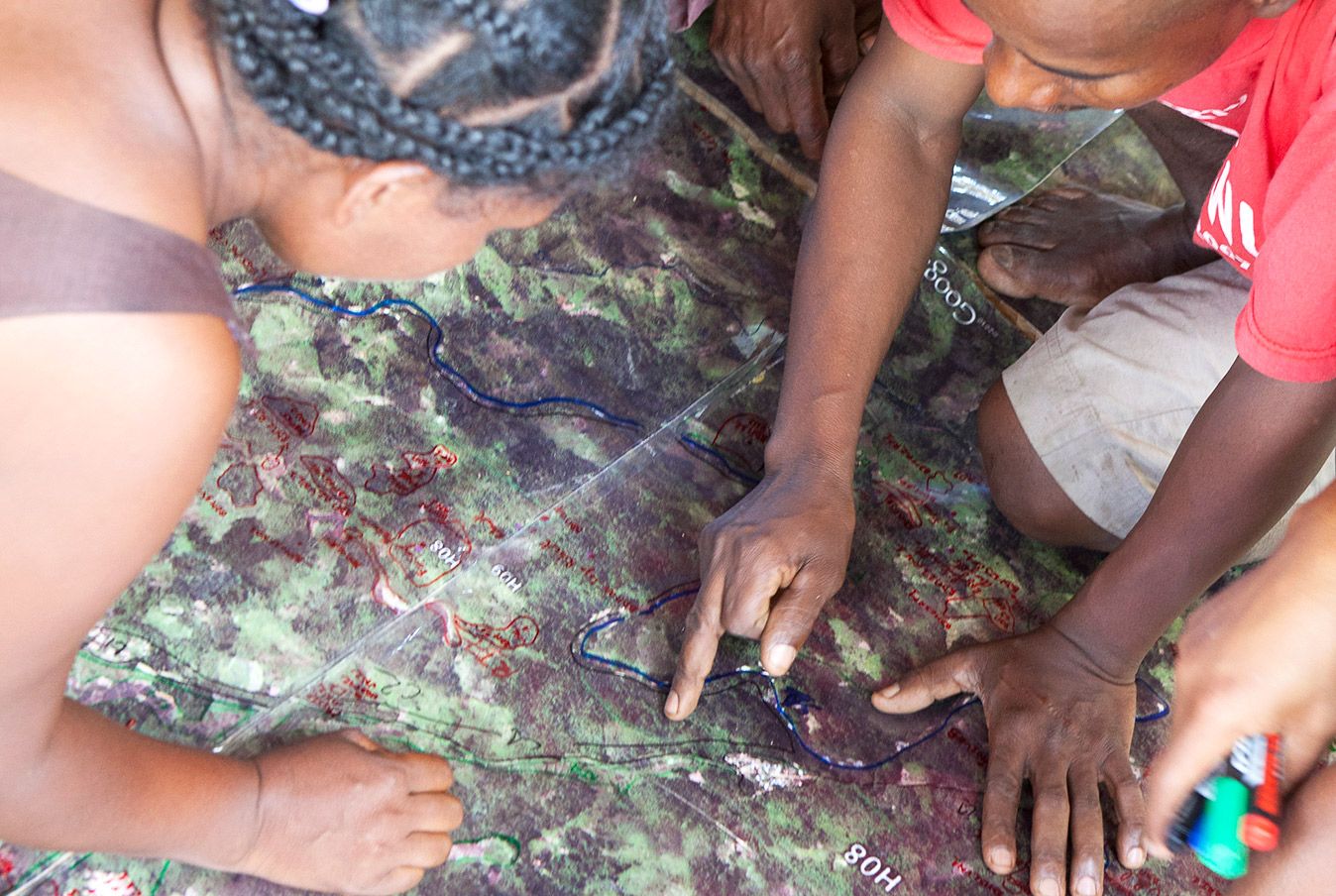
Taking what’s known as an “Integrated Landscape Management” approach, we build dynamic landscape partnerships that enable all land users: farmers, forest enterprises, rural communities, local leaders, companies, and governments to tackle together complex and often interconnected challenges that are too big to be taken on alone—from climate change and deforestation to human rights and rural poverty.
Explore our interactive map to find our landscape and community projects around the world.
Download this brochure to learn how we help companies to address risks and challenges in the key sourcing landscapes beyond the farm and forest.
Learn about LandScale—our all-in-one assessment tool to generate landscape-level insights about sustainability.
Co-led by the Rainforest Alliance, 1000 Landscapes for 1 Billion People is an ambitious global coalition to promote thriving landscapes and rural communities.
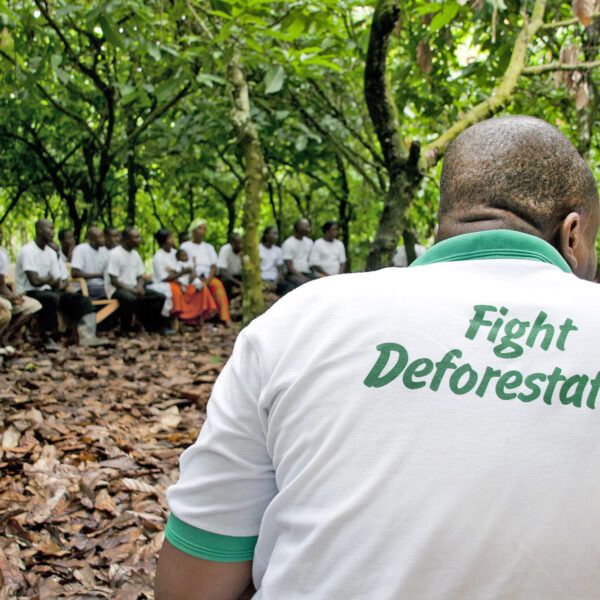
A community-led Land Management Board has made sustainable, climate-smart farming the norm.
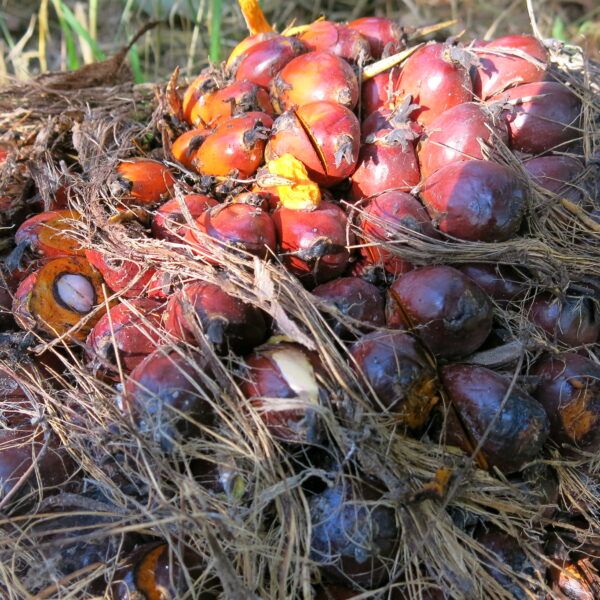
Since 2018, the Rainforest Alliance has been working in the Sintang District of West Kalimantan to promote an Integrated Landscape Management approach around oil palm and natural rubber production.
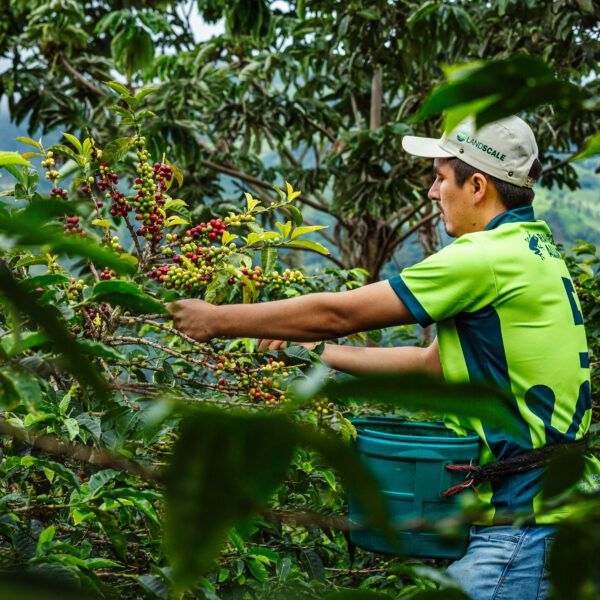
Through this initiative, the Rainforest Alliance will work with several organizations to address global environmental challenges associated with commodity-driven deforestation in some of the world’s most important tropical ecosystems and sourcing regions.
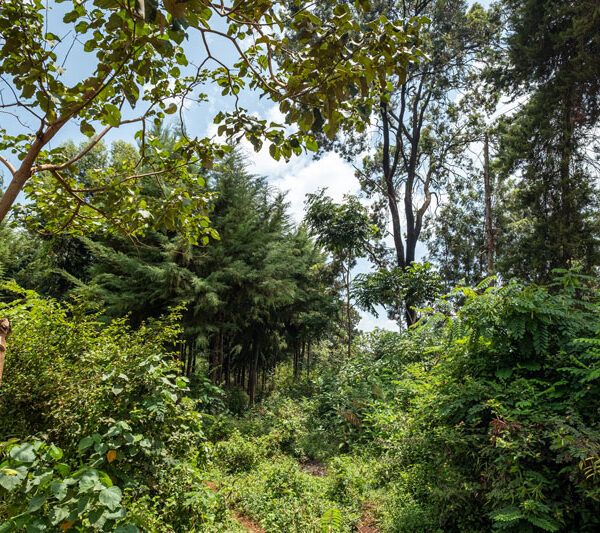
According to a United Nations report, approximately 12 million people in Kenya live on degraded land and food productivity has fallen behind the rate of population growth. This has resulted in farmland extending up the mountain and encroaching into protected forests.
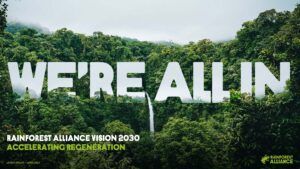
Connected crises threaten our future—from the climate emergency and spiraling biodiversity loss to chronic rural poverty and human rights challenges. We need a systemic approach—a transformative... View more
Available in: English, Spanish, Indonesian, Portuguese, French, German
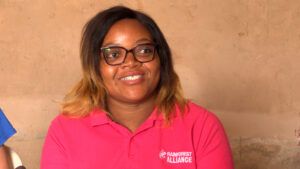
Studies show that climate change disproportionately affects women and girls. Yet their intrinsic bond with the natural landscape is what makes women ideal sustainability leaders.
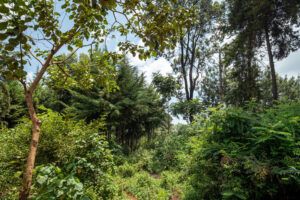
According to a United Nations report, approximately 12 million people in Kenya live on degraded land and food productivity has fallen behind the rate of population growth. This has resulted in farmland extending up the mountain and encroaching into protected forests.
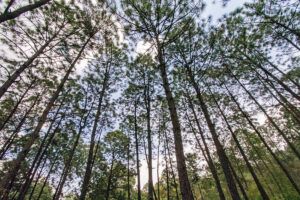
LandScale is an all-in-one tool that allows users to assess risk and adaptively invest in, monitor, and measure sustainability impact at the landscape level.

LEAN aims to conserve biodiversity, build climate resilience, and reduce emissions from land-use changes.

Landscale is a tool to help your company assess and communicate sustainability impact at landscape scale. A pilot with Olam International and the Rainforest Alliance in Mexico shows how companies can apply and benefit from Landscale’s framework for assessment, verification, and reporting.
Your gift helps protect vital forest habitats for wildlife.
Support nature’s guardians. Act now.